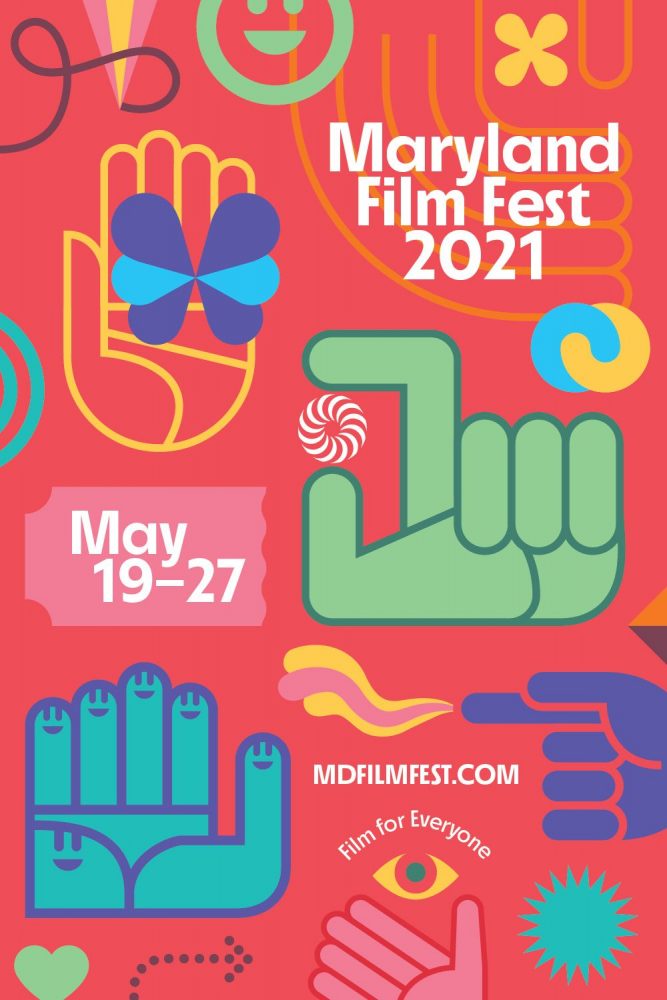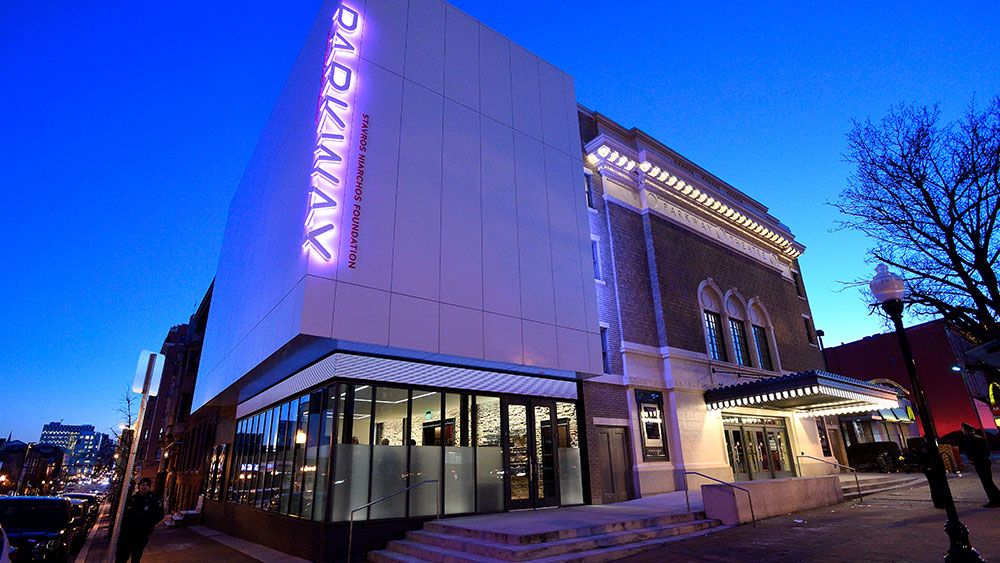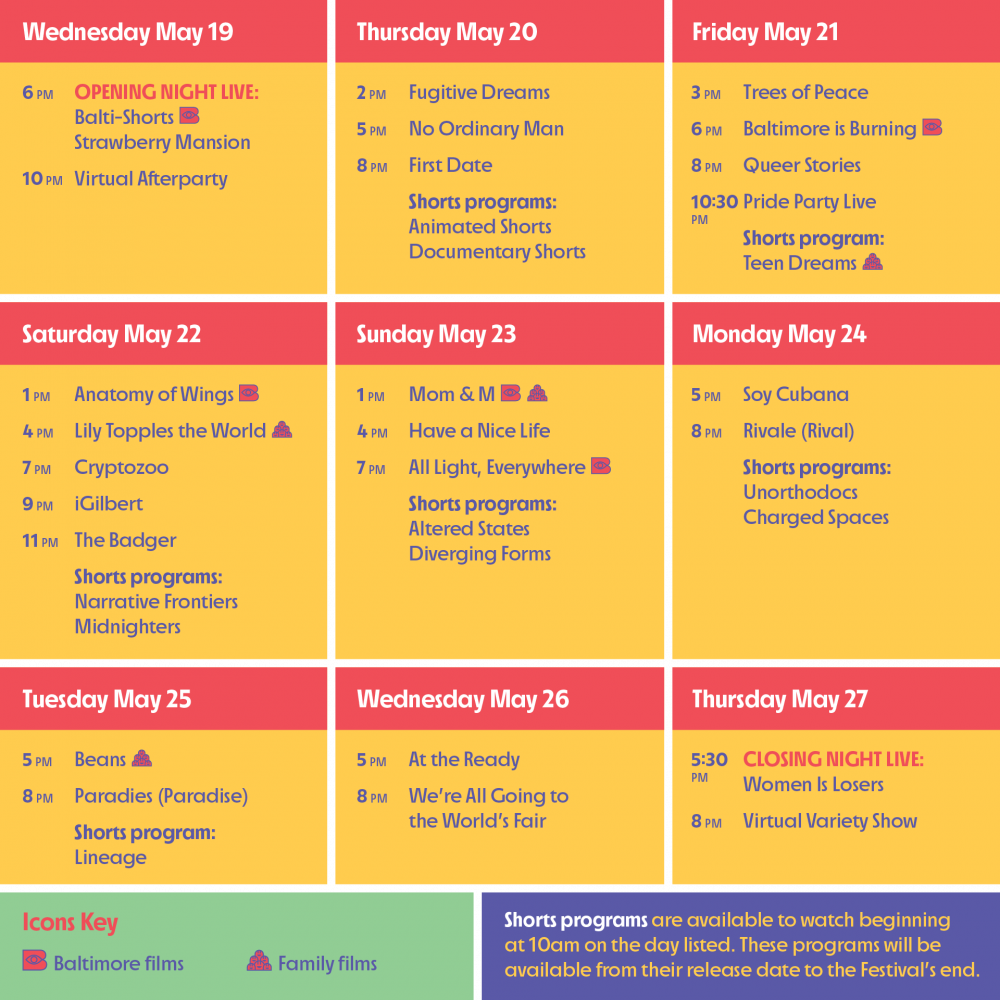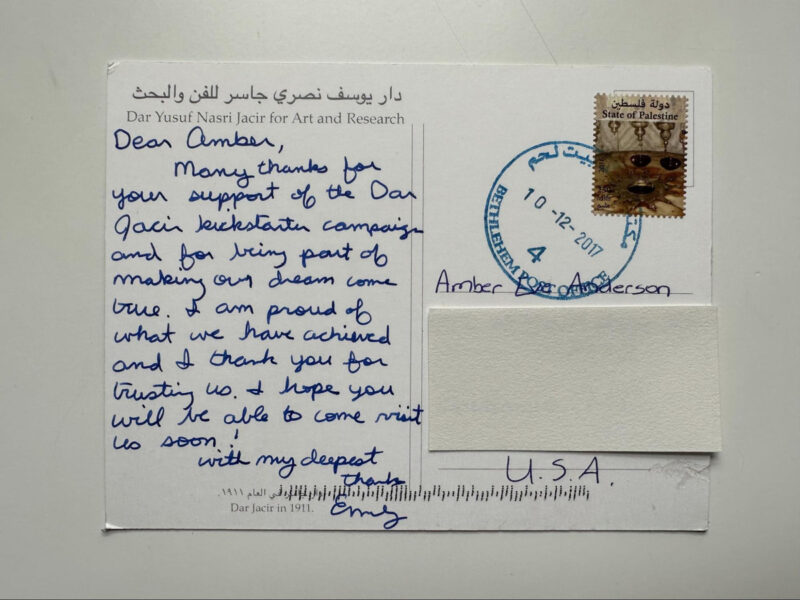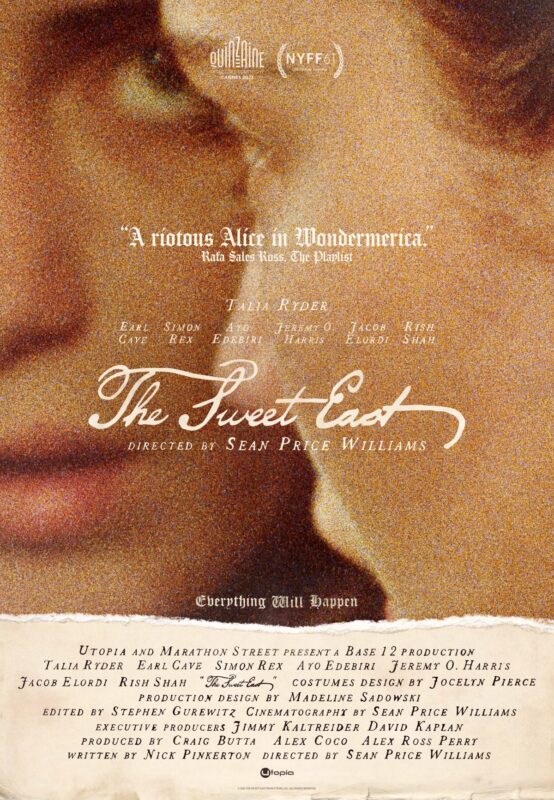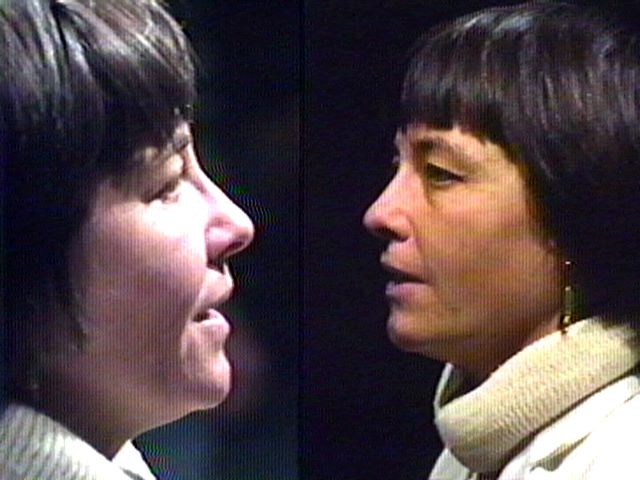The 2021 Maryland Film Festival will open this week, not to packed crowds at the SNF Parkway Theatre, but to outdoor gatherers, virtual after-partygoers, and a parking lot of audience members watching films from their cars. While the annual festival is the theatre’s flagship event, the Parkway has offered year-round programming since it reopened under its current model, a partnership with the film programs of Johns Hopkins University and MICA, in 2017.
Executive director Sandra L. Gibson considers the festival “both a springboard and a culminating point” for the independent film community in Baltimore, which has been hampered by the coronavirus pandemic’s effects on both cinemas and productions themselves. Though the festival remains mostly virtual this year, as it was last year, it feels more celebratory than consolatory, with a slate of genre-bending offerings that work as well in the digital world as they do on the big screen.
The festival is offering both a Family Pathway and a Baltimore Pathway this year, the latter an indicator of films made in and about the city with six selections through the weekend. Standouts include experimental police-surveillance documentary All Light, Everywhere by Theo Anthony and the futuristic, psychedelic Strawberry Mansion by Kentucker Audley and Albert Birney, both of which brought the Baltimore-based filmmakers to this year’s virtual Sundance Film Festival.


